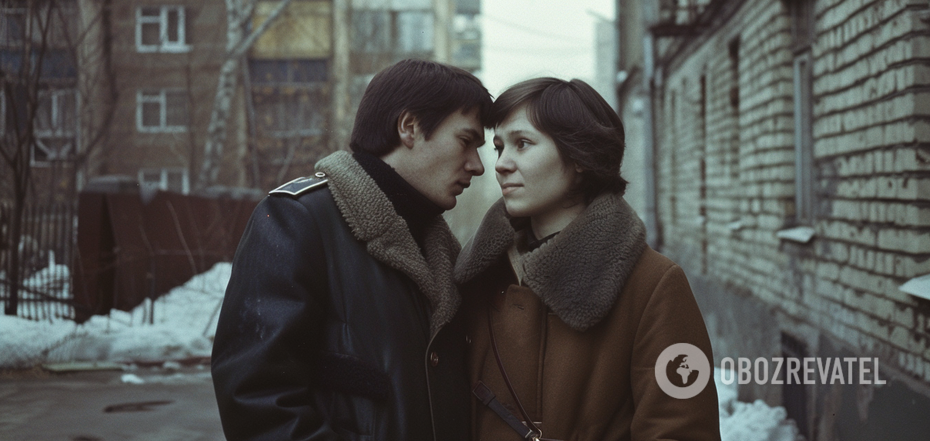News
A country of widespread poverty: what were the salaries in the USSR and why people became beggars
There are many attractive stories about the USSR as if everyone could make a career by dramatically changing their social status, the state provided free housing, and everything was very affordable. But were people really so well off in the Union?
The answer was given by Maksym Mirovych, a blogger and researcher of Soviet-era life. He compared the salaries of Soviet workers with the prices and availability of goods on store shelves. He concluded that the "middle class" in the USSR did not exist, and the vast majority of the population lived on the brink of poverty. And this is how it was.
How much people earned in the USSR
To understand the degree of Soviet poverty, we first need to determine how much money people in the USSR received. So, the average salary was about 120-130 rubles. At the same time, there were positions where you could get 350-400 or even 500-700 rubles. These were the salaries of bosses and officials. For example, a minister's salary was 800 rubles. But some earned no more than 80-90 rubles. Of course, there were many more. At the same time, the minimum wage in the USSR was 70 rubles, which was the amount of money that unskilled workers, such as janitors, received.
Mirovych chose 120 rubles per month as the average amount. This was the amount of money that average engineers, doctors, teachers, and civil servants-that is, the majority of the urban population in the 1970s and 1980s.
What you could buy with your salary
What was this level of income enough for? To do this, the blogger analyzed the prices of some consumer goods. A decent coat cost 110 to 150 rubles in the USSR. Good quality shoes cost 50-60 rubles. "So, the average Soviet salary in the USSR would not even be enough for a coat and boots, you would have to save up," Mirovych writes.
Women's boots of poor quality with synthetic fur would cost 82 rubles. A pair of children's boots would cost 1/6 of a Soviet salary, 20 rubles.
What were the prices for appliances and electronics? A Dnipro-12 tape recorder cost 147 rubles, much more than the average salary. For a Minsk-16 refrigerator, you had to pay more than three months' salary-390 rubles. A Yunost color TV set cost 430 rubles-almost four.
The price of a crystal chandelier was 230 rubles, and carpets started at 150-200 rubles. A furniture wall, as we remember from the movie "The Irony of Fate," could cost 830 rubles. "It's like buying a chipboard wardrobe for about $3500," the blogger sneers. So it also cost a lot of money to furnish the house.
Traveling was also a real luxury. A ticket from Moscow to Alma-Ata cost 48 rubles, and a ticket from Moscow to Bratsk cost 72 rubles. Of course, you could buy a car and travel by land. But to do this, you had to stand in a huge line and pay, for example, 5000 rubles for a Moskvich-412, 6000 rubles for a VAZ-21011, and as much as 7500 rubles for a VAZ-2103.
And what is the result?
If we recalculate the prices for an average salary, it turns out that Soviet people had to save at least 10-15 rubles from each paycheck for decent purchases. And still, they had to save for years and even decades. At the same time, most of the earnings were spent on food, living, household purchases, things for children, and so on.
Add to this the total deficit, the absence of most banking services, such as lending, and the fact that all the savings of citizens after the collapse of the USSR simply burned. And it will become clear that there was no welfare in the Union.
Subscribe to the OBOZ.UA channels in Telegram and Viber to keep up with the latest events.



























